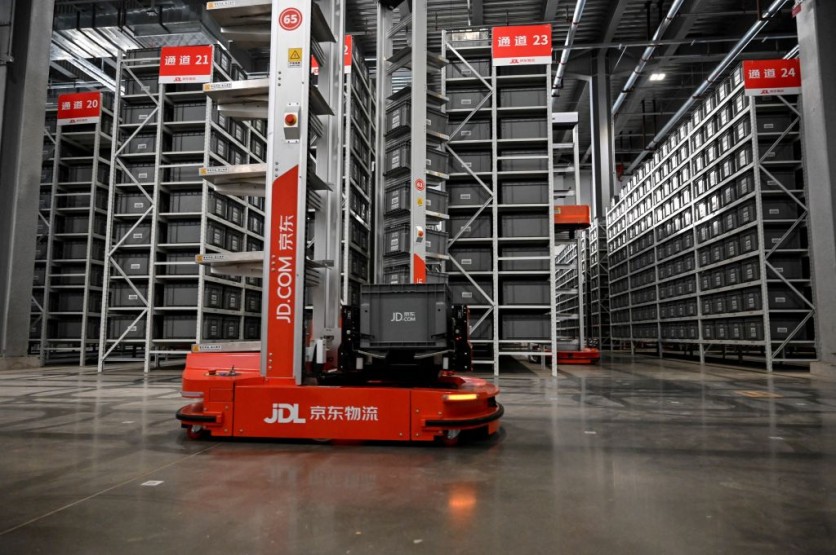Consumers exhibit a greater readiness to embrace automated vehicles for delivery services than drones and robots, according to a recent study conducted by Northwestern University's Mobility and Behavior Lab, as reported in TechXplore.
As companies like Amazon and Walmart intensify their investment in drone delivery services, the study reveals a nuanced relationship between consumer behavior and the acceptance of near-future technologies for automated parcel delivery.

"Robots at your Doorstep"
Led by Amanda Stathopoulos, an associate professor of civil and environmental engineering, the study aimed to understand public perceptions of the potential replacement of traditional delivery drivers by automated vehicles, drones, and robots.
Titled "Robots at your doorstep: Acceptance of near-future technologies for automated parcel delivery," the research sheds light on the complexities surrounding the societal acceptance of these innovations.
The study discovered that people generally expressed greater willingness to accept automated vehicles as substitutes for human delivery personnel, possibly due to the existing familiarity with self-driving cars.
However, drones and robots faced less favorable reception. Intriguingly, the likelihood of accepting these technologies grew as delivery speed increased and prices decreased.
Tech-savvy consumers demonstrated a higher level of acceptance toward these near-future technologies compared to those less familiar with these advancements, emphasizing the role of familiarity and awareness in shaping consumer attitudes.
In the context of the burgeoning demand for efficient delivery, particularly following the pandemic, people increasingly expect rapid and effective delivery services for their online purchases, especially as remote work becomes more prevalent.
Paradox Emerges
A paradox emerged from the study, highlighting the challenge of reconciling the convenience of fast and efficient delivery with its potential consequences, including poor labor conditions and environmental impact.
The researchers stressed the need for a more strategic approach to city planning and design, proposing that shipping and logistics centers should be prioritized in urban planning to recognize their significance in enhancing overall quality of life.
Stathopoulos emphasized that the massive volume of deliveries is poised to shape urban environments significantly. To address the challenges, she called for collaboration, coordination, and information sharing between companies, emphasizing the importance of avoiding redundant and overlapping systems.
The study's findings indicate that while new delivery modes present exciting opportunities, societal acceptance is still evolving. As companies intensify efforts to incorporate drone deliveries, the researchers caution that a lack of public acceptance could pose significant challenges to the success of these innovations.
The study encourages active listening to and frequent assessments of user acceptance to better prepare for the future and alleviate concerns and reluctance toward adopting new delivery technologies.
The findings of the research team were published in Scientific Reports.
Related Article : Tiny Soft Robots Designed for Delicate Medical Procedures Are Uniquely Made From Plant-Based Hydrogel

ⓒ 2025 TECHTIMES.com All rights reserved. Do not reproduce without permission.




